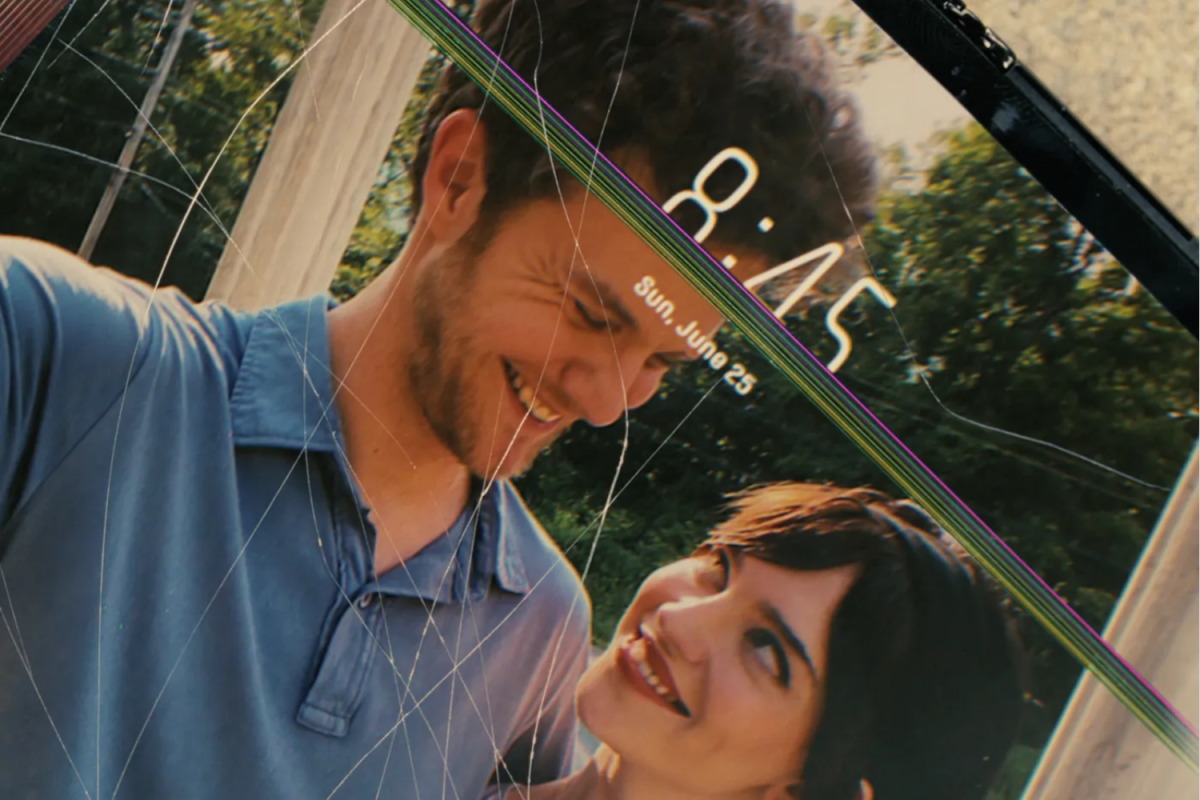As artificial intelligence becomes more inundated with popular society, more movies will reflect a future with them and add to the ever-growing discussion. Gone are the days of “Terminator” and “Blade Runner” which depict a more dystopian robotic future. As the wider population understands what artificial intelligence is actually capable of, we see the films we watch reflect a more realistic depiction of what the technology can become.
Set in a world where AI companions, fully humanoid robots, are becoming commonplace, “Companion” follows a group of friends that has to deal with what to do once one of these companions goes against protocol and kills a human in self-defense.
While the film features a series of twists and turns to keep the plot moving forward, it focuses on the themes of what it means to be alive, and the inequities found in romantic relationships even between humans. In tackling these two categories, it does muddy the water by paying a lot of lip service to the “being alive” angle while actually focusing on the relationship angle in the actions taken in the film.
The movie opens with Sophie Thatcher’s Iris, one of the companions, narrating about the two times in her life that she felt the most alive, and it is this narrative framing that attempts to loom over the film. It appears that this is an attempt to investigate the idea of artificial intelligence being considered alive or conscious. Although there are a few moments where the film explores this concept, it never seems to want to fully give nuance to these topics.
Instead, the focus of the film ends up being directed more toward the manipulative relationship between Jack Quaid’s Josh and the aforementioned companion, Iris. Being a companion, Iris is completely under Josh’s control and is designed to serve him in every way.
The film makes a point to show that these kinds of relationships are not exclusive to companions, as men often see women as mere objects as well. This dynamic is thrown into turmoil when Iris seemingly breaks free from her no-kill, as the film proceeds to explore how much power Josh actually has.
It is the focus on the relationship aspect of the companion where the film shines; however, other aspects made it an overall positive experience as well. The film, for being a thriller, surprisingly has some moments of humor that, although sparse, landed very well for me.
Ultimately because the themes of the film do not sync well, it does feel a bit unfocused. Overall, though, it is a solid thriller that manages to have a lot of fun with its concepts and throw in some good humor on top of it all.
“Companion” is available to watch in theaters now.
































